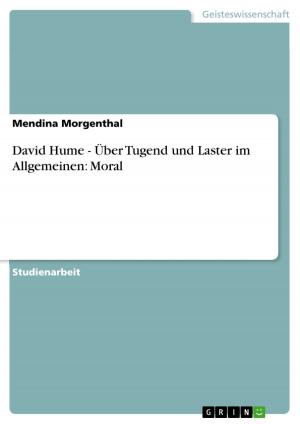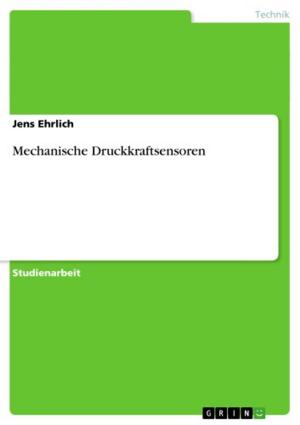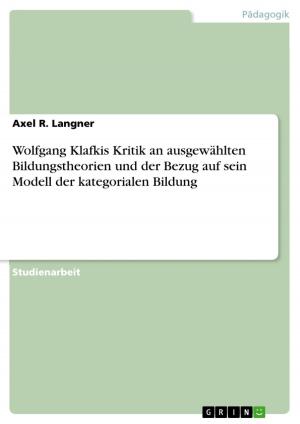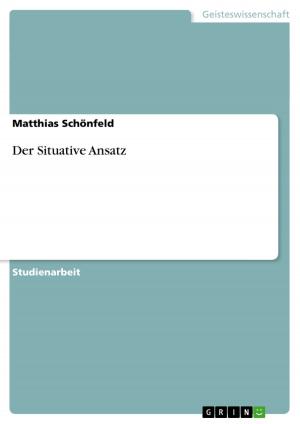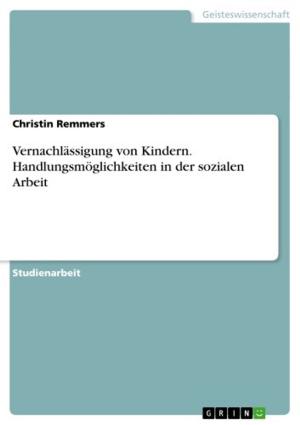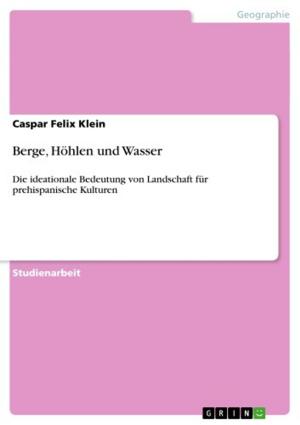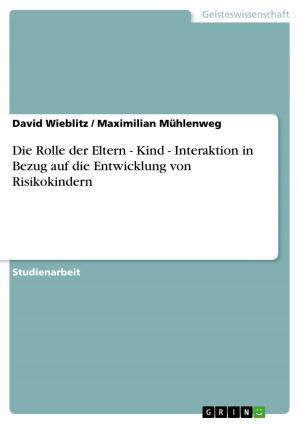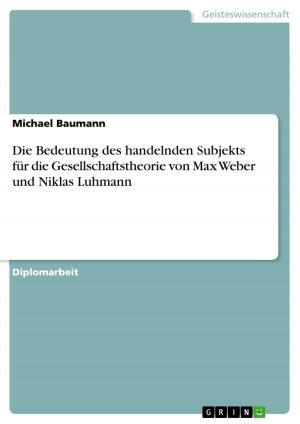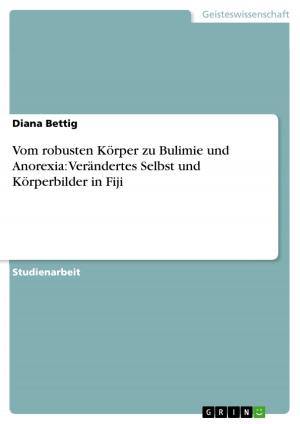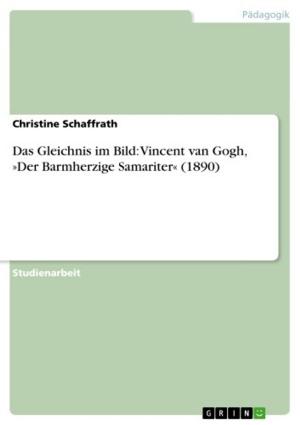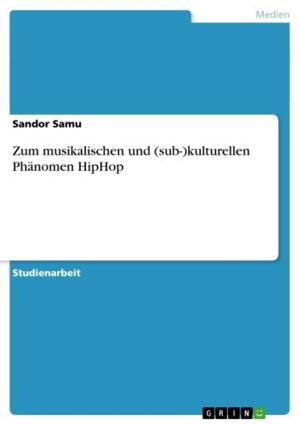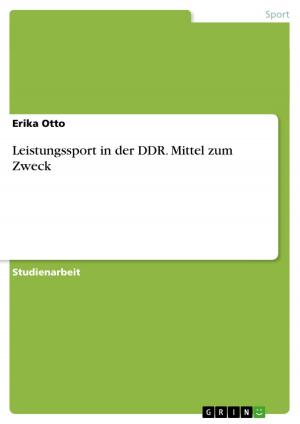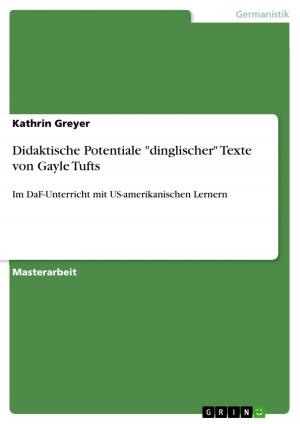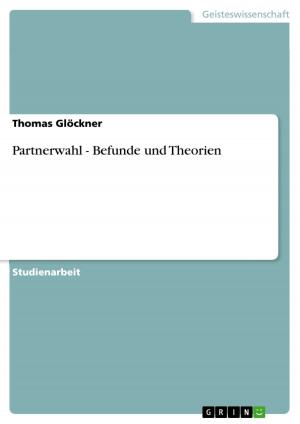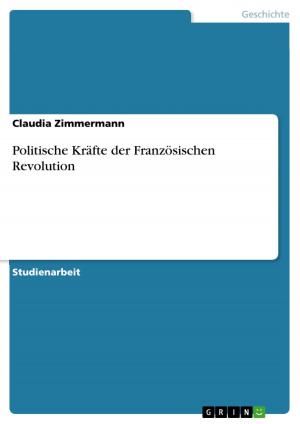The Language Portfolio and Its Contribution to Learner Autonomy and Intrinsic Motivation in the EFL
Nonfiction, Reference & Language, Study Aids, ESL, Foreign Languages| Author: | Nils Hübinger | ISBN: | 9783656420408 |
| Publisher: | GRIN Verlag | Publication: | April 26, 2013 |
| Imprint: | GRIN Verlag | Language: | English |
| Author: | Nils Hübinger |
| ISBN: | 9783656420408 |
| Publisher: | GRIN Verlag |
| Publication: | April 26, 2013 |
| Imprint: | GRIN Verlag |
| Language: | English |
Seminar paper from the year 2011 in the subject English - Pedagogy, Didactics, Literature Studies, grade: 14, Justus-Liebig-University Giessen (Anglistik), course: Seminar: Diagnostic Competence, language: English, abstract: The approach to English foreign language acquisition in German schools has significantly changed in the last decade. Today, students no longer start to learn English in grade five, but begin with the very basics in primary school. In most states, English as a foreign language is introduced in grade three - some states have gone even further and start teaching English in the first grade, e.g. North Rhine- Westphalia. Besides these changes, a major shift from a 'teacher-' to a 'learner- centered' classroom took place. Consequently, the individual learner and his or her language learning process have become more important in the English foreign language (EFL) classroom than before. New methodology such as strategic learning, reflection, and self-evaluation have moved to the center of attention in order to enhance students' language learning efficiency. In order to approach these new competences in an appropriate way for children, the language portfolio was developed and introduced to foreign language learners. By now, there are a number of different portfolio, such as the European Language Portfolio for language learners in secondary schools and adults, or Mein Sprachenportfolio, which is being used in primary schools in the state of Hesse. Those new methods of language learning are meant to offer students the chance to monitor their own language learning process and eventually allow them to see their own learning progress over the years. One of the major goals of the portfolio is to rise learners' motivation and interest in language learning. Research over many years has shown that motivation plays a great role when it comes to foreign language learning and learning in general. Therefore, it is certain that motivation has significant influence on a person's success or failure in language learning. The portfolio might be the key to the problem of creating, fostering, and maintaining language learners' motivation over a period of time that exceeds childhood and adolescence.
Seminar paper from the year 2011 in the subject English - Pedagogy, Didactics, Literature Studies, grade: 14, Justus-Liebig-University Giessen (Anglistik), course: Seminar: Diagnostic Competence, language: English, abstract: The approach to English foreign language acquisition in German schools has significantly changed in the last decade. Today, students no longer start to learn English in grade five, but begin with the very basics in primary school. In most states, English as a foreign language is introduced in grade three - some states have gone even further and start teaching English in the first grade, e.g. North Rhine- Westphalia. Besides these changes, a major shift from a 'teacher-' to a 'learner- centered' classroom took place. Consequently, the individual learner and his or her language learning process have become more important in the English foreign language (EFL) classroom than before. New methodology such as strategic learning, reflection, and self-evaluation have moved to the center of attention in order to enhance students' language learning efficiency. In order to approach these new competences in an appropriate way for children, the language portfolio was developed and introduced to foreign language learners. By now, there are a number of different portfolio, such as the European Language Portfolio for language learners in secondary schools and adults, or Mein Sprachenportfolio, which is being used in primary schools in the state of Hesse. Those new methods of language learning are meant to offer students the chance to monitor their own language learning process and eventually allow them to see their own learning progress over the years. One of the major goals of the portfolio is to rise learners' motivation and interest in language learning. Research over many years has shown that motivation plays a great role when it comes to foreign language learning and learning in general. Therefore, it is certain that motivation has significant influence on a person's success or failure in language learning. The portfolio might be the key to the problem of creating, fostering, and maintaining language learners' motivation over a period of time that exceeds childhood and adolescence.

